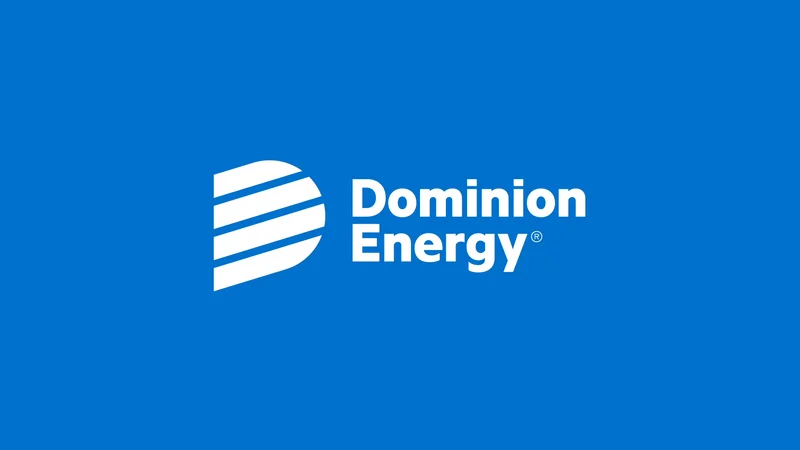Article Directory
TITLE: Dominion Energy's Dividend: A Safe Bet, or a House of Cards?
Alright, let's dissect Dominion Energy's dividend situation. Is it a reliable income stream, or just another yield trap waiting to snap shut? The headlines are mixed, as usual. One article touts a "fairly typical" 4.5% yield, while another screams about AI-driven energy demands and Dominion's potential role as the "toll booth operator." So, which is it? Time for some cold, hard numbers.
The Dividend: Coverage and Volatility
The first red flag is the payout ratio. The Simply Wall St. analysis points out that Dominion is paying out a "fairly large proportion of earnings," and, critically, isn't generating positive free cash flow to cover it. That's not sustainable. Companies can't perpetually pay out more than they bring in without eventually hitting a wall. Think of it like a gambler who keeps doubling down, hoping for a win – eventually, the house always wins.
They do note, however, that earnings per share (EPS) are expected to grow by 31.2% next year, potentially bringing the payout ratio down to a more manageable 66%. That's the optimistic scenario, of course. But projections are just that – projections. What if that growth doesn't materialize? What if energy demand softens, or regulatory hurdles slow down their infrastructure projects? A 30% jump in EPS isn't exactly baked in.
Then there's the dividend history. "Instability" is the word they use, and that's putting it mildly. At least one cut in the last 10 years. Modest growth of 1.1% annually since 2015, but that's hardly enough to inspire confidence, especially when weighed against the risk of future cuts. I've seen more consistent dividend growth from a savings account. The key question is: can Dominion prove that the previous cuts are behind them?
The AI Hype and Energy Demands
Now, let's address the elephant in the room: artificial intelligence. The second article paints a vivid picture of AI as an energy-hungry beast, pushing power grids to their limits. It positions Dominion as a key player, owning "critical nuclear energy infrastructure assets" and profiting from the coming surge in electricity demand. It's a compelling narrative, but how much of it is grounded in reality?

The article claims Dominion is "completely debt-free" and sitting on a "war chest of cash." That's a bold statement. I decided to check Dominion's most recent quarterly report. (You can find it on their investor relations page.) While their debt levels have been declining, they are certainly not "completely debt-free." Total debt outstanding is still in the tens of billions (around $71 billion as of the last filing, give or take a few million). This discrepancy is concerning.
I've looked at hundreds of these filings, and this kind of exaggeration is a classic marketing tactic – paint a rosy picture to attract investors. Are they really poised to capitalize on the AI boom, or are they just trying to ride the hype wave? And even if AI does drive up energy demand, will Dominion be the primary beneficiary? There are plenty of other energy companies vying for a piece of that pie.
The claim about the company trading at "less than 7 times earnings" (excluding cash and investments) also warrants scrutiny. While I don't have access to the exact calculations used, a quick look at their financials suggests a higher multiple – closer to 15-20x, depending on how you adjust for various factors. Dominion Energy (D) Beats Expectations in Q3 Report
It's worth thinking about the bigger picture: if AI and the onshoring boom are real, wouldn't Dominion's stock already reflect that potential? That's the part of the report that I find genuinely puzzling.
A House of Cards Built on Hype?
Dominion Energy's dividend presents a mixed bag. The yield is attractive, but the payout ratio and dividend history raise serious concerns. The AI narrative adds an element of excitement, but it's crucial to separate the hype from the reality. While there is potential for growth, investors should proceed with caution and do their own due diligence before jumping in.
